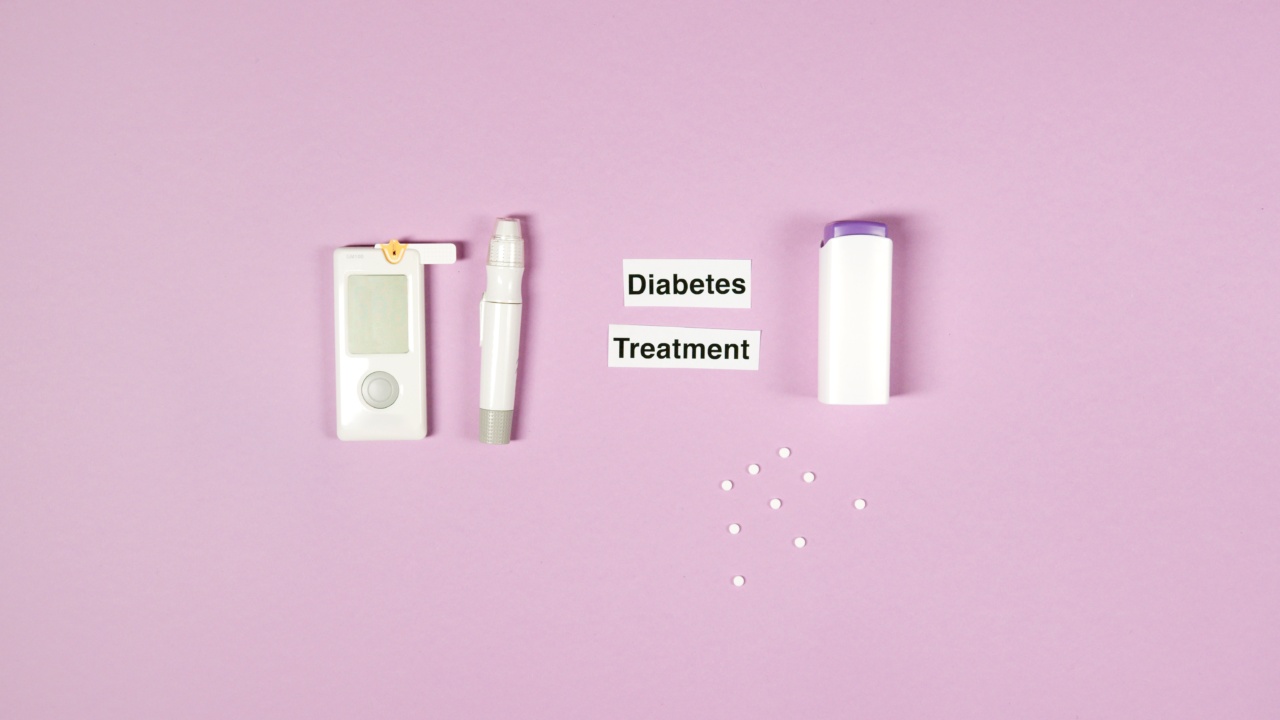World Prematurity Day is a global event that is celebrated every year on November 17th to raise awareness about premature birth and to support the families and babies affected by it.
Premature birth, also called preterm birth, is defined as giving birth before 37 weeks of pregnancy have passed. Premature birth is a serious health problem because babies born too early can face various medical complications and lifelong disabilities.
Statistics on Premature Birth
Premature birth is a common and serious health problem around the world. According to the World Health Organization (WHO), an estimated 15 million babies are born too early every year, which is more than 1 in 10 of all babies born worldwide.
In the United States, preterm birth affects approximately 1 in 10 babies every year, which has been steadily increasing since the 1990s. In developing countries, premature birth is one of the leading causes of death for newborns, and the survivors may face lifelong disabilities and health problems.
Causes of Premature Birth
The causes of premature birth are not fully understood, but there are some known risk factors that can increase the likelihood of premature birth. Some of these risk factors include:.
- Previous preterm birth
- Multiple pregnancies (twins, triplets, etc.)
- Poor maternal health or nutrition
- Exposure to environmental toxins
- Stressful life events or chronic stress
- Smoking, drug use, and alcohol consumption during pregnancy
Complications of Premature Birth
Premature birth can cause various medical complications and lifelong disabilities related to the baby’s development, growth, and organ function. Some of the common complications of premature birth include:.
- Respiratory distress syndrome (RDS), which is a breathing problem due to undeveloped lungs
- Apnea, which is a pause in breathing that can lead to lower oxygen levels and brain damage
- Intraventricular hemorrhage (IVH), which is bleeding in the brain that can cause neurological problems
- Pneumonia, sepsis, and other infections, which can be life-threatening for premature babies with weak immune systems
- Gastrointestinal problems, such as immature digestive system, feeding intolerance, and necrotizing enterocolitis (NEC), which is a serious intestinal infection
- Developmental delays and cognitive impairments, which can affect the baby’s learning, behavior, and social skills later in life
Prevention and Treatment of Premature Birth
Preventing premature birth is not always possible, but there are some measures that can reduce the risk of premature birth and support healthy pregnancies. Some of these measures include:.
- Getting regular prenatal care and monitoring for signs of preterm labor
- Maintaining a healthy lifestyle, such as eating a balanced diet, staying active, and avoiding harmful substances
- Managing chronic health conditions, such as diabetes, high blood pressure, or autoimmune disorders
- Getting appropriate medical treatment for infections, like urinary tract infections, that can lead to premature labor
- Avoiding unnecessary interventions, such as elective inductions and cesarean sections, unless medically indicated
Once premature birth occurs, the baby may need specialized medical care and support to survive and thrive. Depending on the baby’s health and gestational age, the treatment may involve:.
- Respiratory support, such as oxygen therapy, surfactant replacement therapy, or mechanical ventilation
- Intravenous (IV) fluids, nutrition, and medications to stabilize the baby’s vital signs and prevent infections
- Monitoring for signs of complications, such as apnea, IVH, NEC, or retinopathy of prematurity (ROP), which is an eye disease that can cause vision loss
- Developmental care, such as skin-to-skin contact, breastfeeding support, and early intervention services
- Long-term follow-up, including neurodevelopmental assessments, hearing and vision tests, and referrals to specialists as needed
Advocacy and Support for Premature Babies and Families
World Prematurity Day is not just a day to raise awareness about premature birth, but also a day to advocate for better care and support for premature babies and their families. This includes:.
- Improving access to quality maternal and neonatal care, especially in developing countries where the burden of preterm birth is highest
- Increasing research and innovation to better understand the causes, prevention, and treatment of premature birth
- Raising public awareness and reducing the stigma around premature birth, especially for parents and families who may feel isolated or misunderstood
- Providing emotional, social, and financial support for families affected by premature birth, including peer support groups, counseling, and financial assistance for medical costs
Conclusion
Premature birth is a global health problem that affects millions of babies and families every year.
World Prematurity Day is an opportunity to raise awareness about the causes, risks, and complications of premature birth, and to advocate for better care and support for premature babies and their families. By working together, we can help reduce the incidence and impact of premature birth and ensure that every baby has the best possible start in life.






























